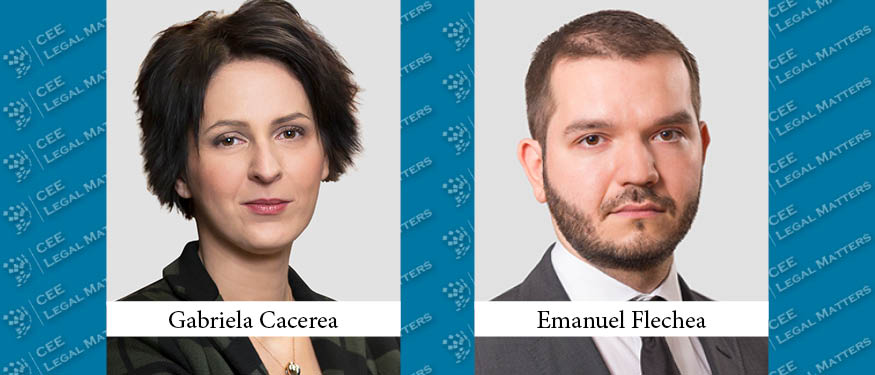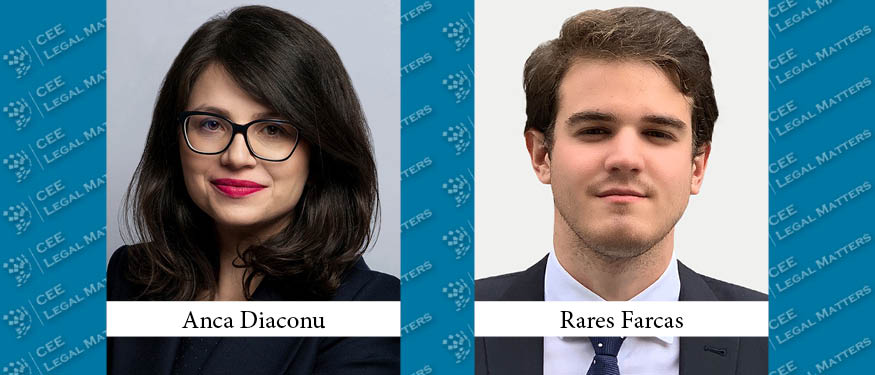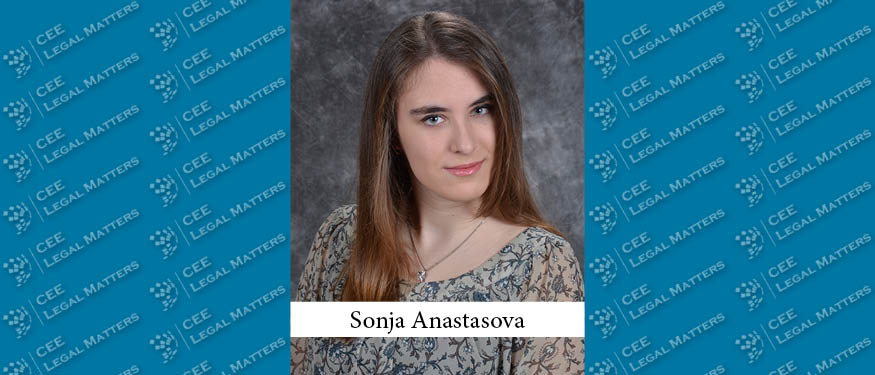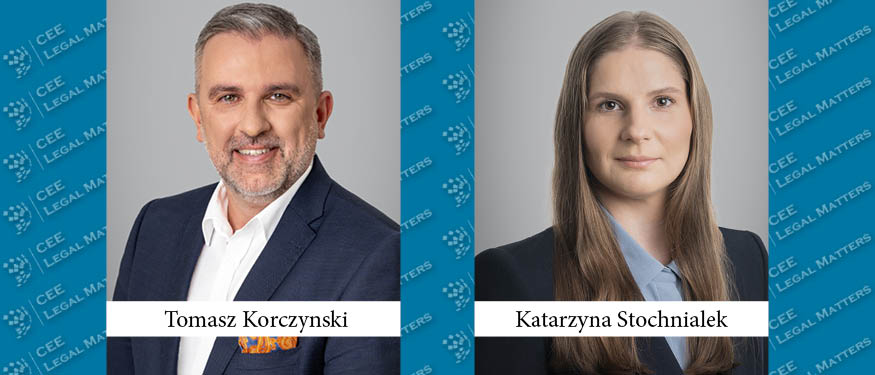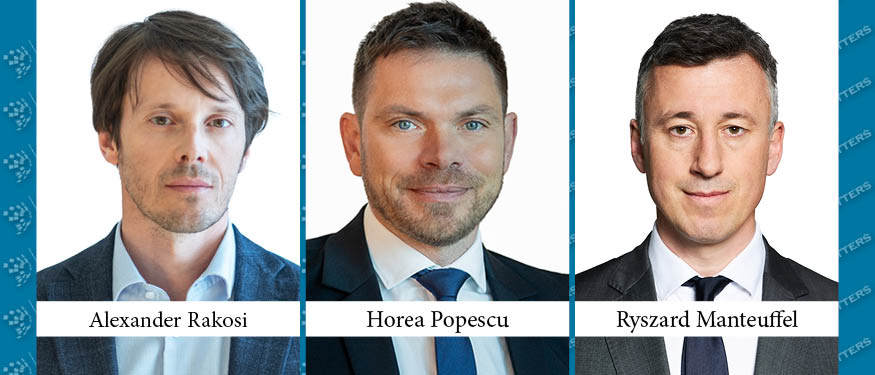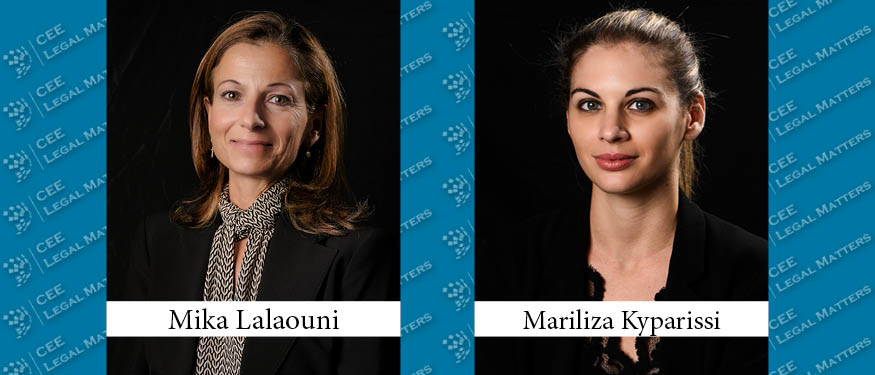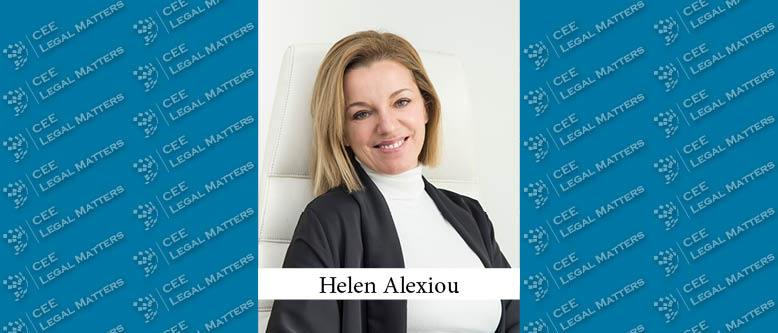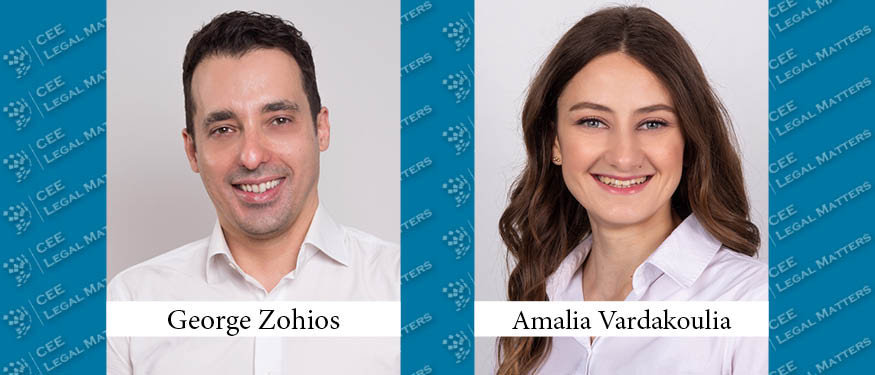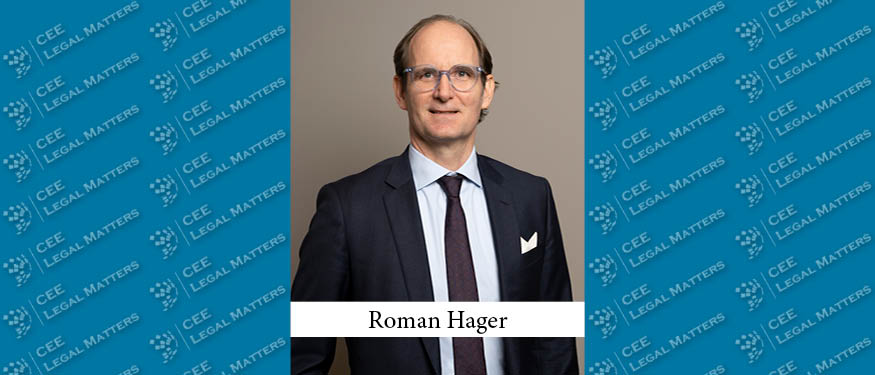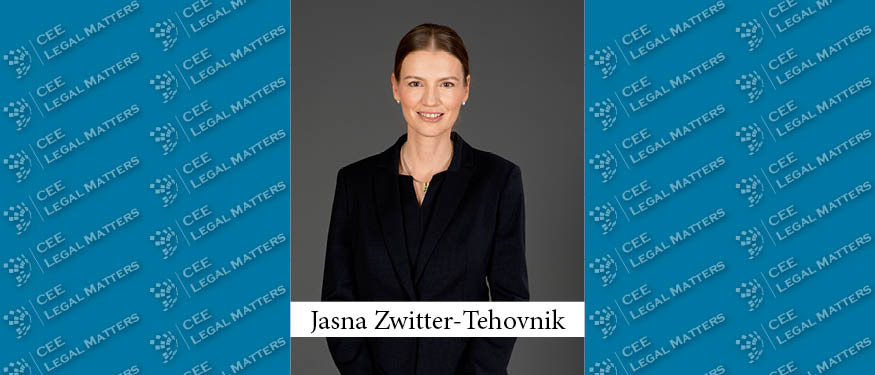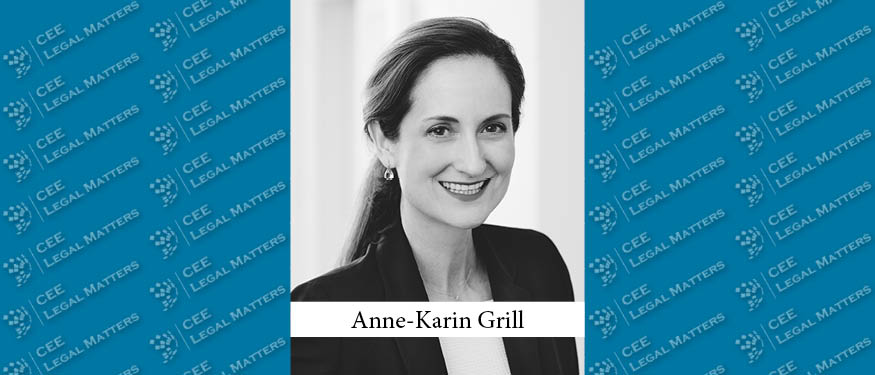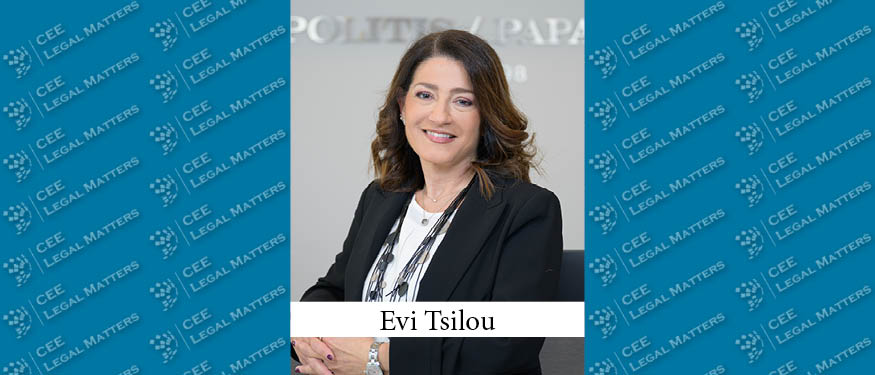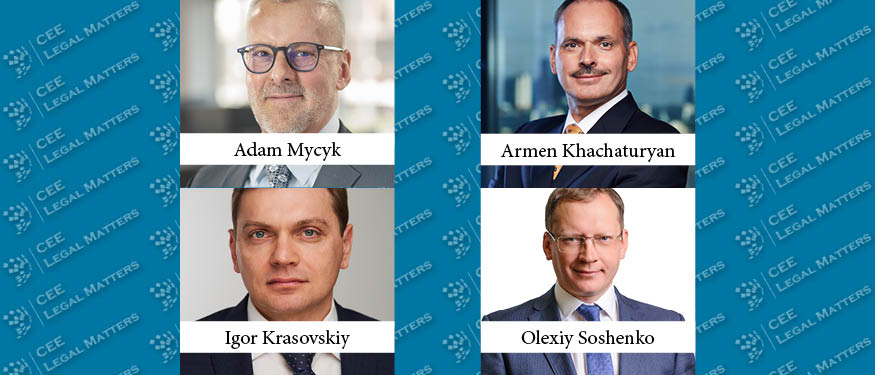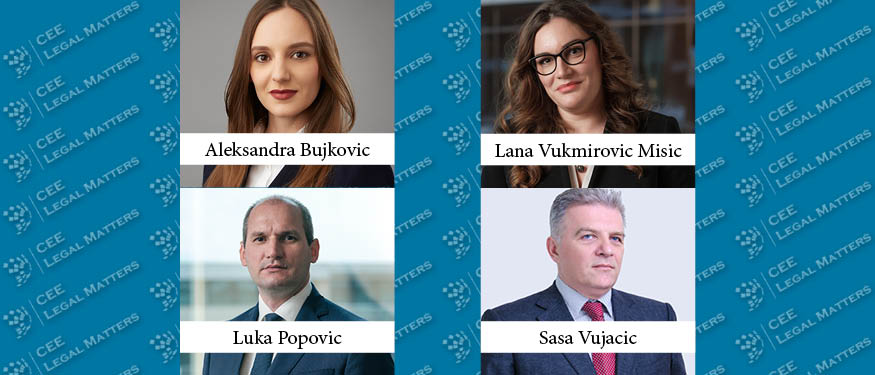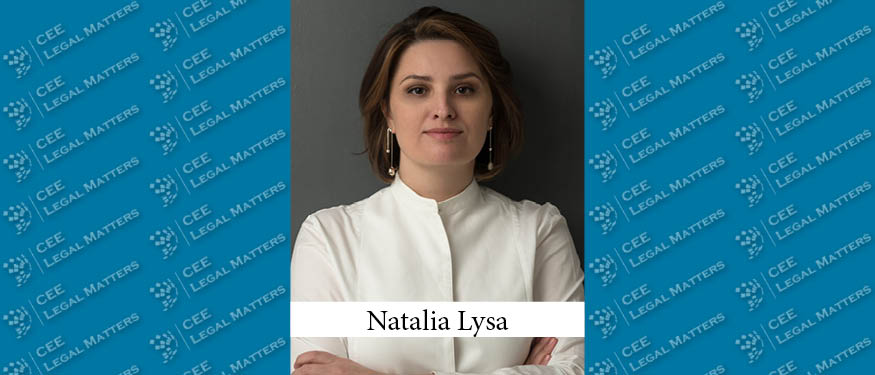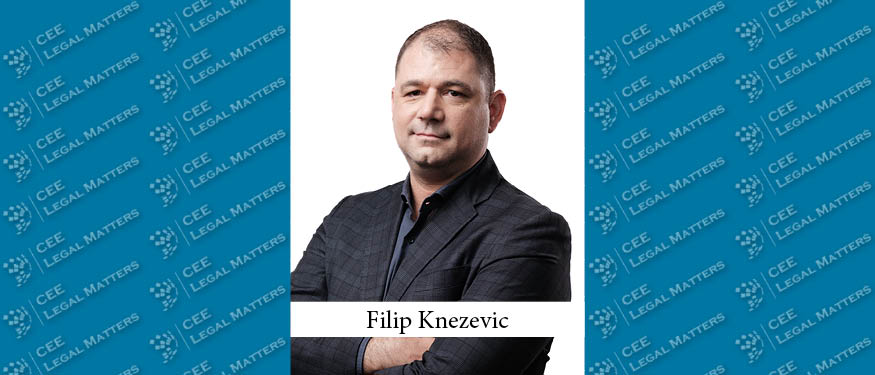Romania is accelerating its transition to renewable energy, aiming to expand wind and solar power as key components of its energy mix. In 2024, several new regulations were introduced to incentivize private investment and streamline project approvals, fostering a more attractive environment for green energy development.
A Busy Romanian Competition Council
The Romanian competition landscape has constantly been at the intersection of significant investment activity and intense regulatory enforcement.
Balancing the Scales: North Macedonia’s New Law on Unfair Trading Practices
North Macedonia has taken a significant step in regulating market competition with the enactment of the Law on the Prohibition of Unfair Trade Practices in the Supply Chain of Agricultural and Food Products (Law).
Poland: How to Win Public Infrastructure Contracts
Implementing a public investment is an essential part of the business strategy of many private-sector companies. Why is this? Although such projects are typically low-margin, they do guarantee a stable income.
Similar Volume, Lower Values: A CMS CEE M&A Report
CMS Partners Horea Popescu, Alexander Rakosi, and Ryszard Manteuffel discuss the ebb and flow of M&A deals in CEE, highlighting that the M&A landscape experienced a significant drop in overall deal values prompting strategic shifts amid ongoing geopolitical and financing challenges.
A 2025 Outlook at the Greek Corporate Landscape
As we near the conclusion of the first quarter of 2025, it is clear that the Greek corporate landscape and M&A market are undergoing significant changes influenced by a variety of economic, regulatory, and social factors. While the M&A sector experienced steady activity over the past two years, its overall momentum was relatively muted, primarily due to geopolitical tensions, social dynamics, and inflationary pressures. However, a much-anticipated increase in traction appears to be on the horizon, making a comprehensive understanding of the current trends and challenges within the market crucial to effectively navigate and track this evolving environment.
Greece’s Constitutional Clash: Court Ruling Alters Real Estate Landscape
On January 24, 2025, the Council of State, Greece’s highest administrative court, issued four landmark judgments. These are Decisions No 146, 147, 148, and 149/2025 of the Council of State in Plenary Session, published on January 24, 2025, and made available to the public on February 5, 2025. The decisions are expected to significantly impact the country’s real estate market.
Bonding Against the Storm: Navigating Natural Disaster Risks in Greek Banking
The increasing frequency and severity of natural disasters pose significant risks to financial markets worldwide. In Greece, a country prone to wildfires, earthquakes, and floods, these challenges are particularly pressing. The performance of Greek banks and financial institutions is often negatively impacted by natural disasters. As a result, they are increasingly focusing on integrating natural disaster risk management into their bond loan structures to enhance financial stability and ensure market resilience.
Austria’s Evolving Crypto and Banking Landscape: A 2025 Perspective
Austria’s financial sector is experiencing significant regulatory shifts. These changes are reshaping the landscape for both domestic and foreign entities operating in the Austrian market.
Austrian Drones – What Will the Neighbors Say?
Drones, or unmanned aerial vehicles are becoming increasingly popular worldwide, including in Austria, with the drone global market to exceed USD 55 billion by 2030, reflecting their global importance. Drones can serve both as recreational gadgets and as professional tools for photographers, farmers, emergency responders, and other professionals. As with any new technology the benefits must be weighed against the risks.
English Language Courts in Austria
European Commercial Courts are positioning themselves as alternatives to other national courts as they remain closely tied to domestic court systems.
Guest Editorial: Lawyering in Greece – Opportunities, Challenges, and the Path Forward
Lawyering in Greece presents both significant opportunities and challenges, shaped by the country’s rich legal heritage, its evolving economic landscape, and its uniquely strategic geographical position.
The Corner Office: 2024 in (Volume) Review
In The Corner Office, we ask Managing Partners at law firms across Central and Eastern Europe about their backgrounds, strategies, and responsibilities. With 2024 behind us, we asked: Looking at transactional volumes for this year, would you say that 2024 was better or worse than what you originally expected it to be, and why?
Private Healthcare in CEE
The private healthcare sector across CEE has been expanding at a remarkable pace, reshaping the way people access and experience medical care.
Shielding Investments: War-Risk Insurance in Ukraine
In the midst of ongoing conflict, one solution is emerging that could be a crucial factor in attracting foreign investment to Ukraine: war risk insurance. Asters Senior Partner Armen Khachaturyan, Dentons Partner Adam Mycyk, Integrites Partner Igor Krasovskiy, and Redcliffe Partners Managing Partner Olexiy Soshenko discuss how this specialized insurance product is shaping the investment landscape.
Sunny Prospects: Montenegro’s Real Estate and Hospitality Sectors on Solid Ground
Montenegro’s real estate and hospitality sectors have been gaining momentum, driven by the country’s natural beauty, strategic location, and an increasingly favorable investment environment. Keker, Bujkovic, Pejovic Partner Aleksandra Bujkovic, JPM Partners Senior Partner Lana Vukmirovic Misic, BDK Advokati Senior Partner Luka Popovic, and Vujacic Law Office Partner Sasa Vujacic discuss the country’s competitive advantages, challenges faced by investors, and the steps needed to further enhance its appeal to foreign capital.
Inside Insight: Natalia Lysa of Nestle
Nestle South Eastern Europe Head of Legal & Compliance Natalia Lysa discusses her career, the rewards of working closely with business operations, and the challenges of navigating legal complexities during Ukraine’s war.
Inside Insight: Filip Knezevic of Vezuv
Vezuv Director of Legal Affairs Filip Knezevic talks about his career and the challenges of navigating the regulator’s relationship with the gambling sector.

